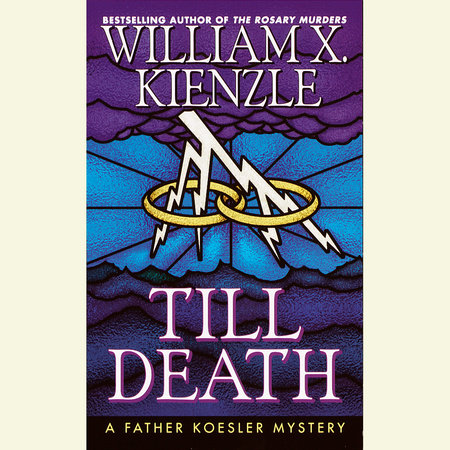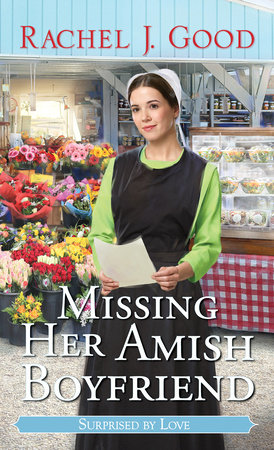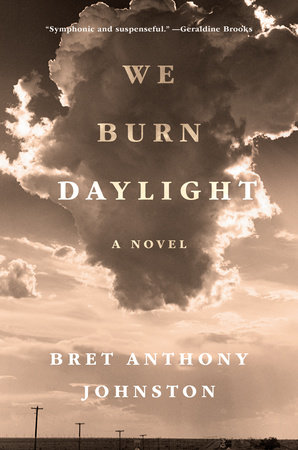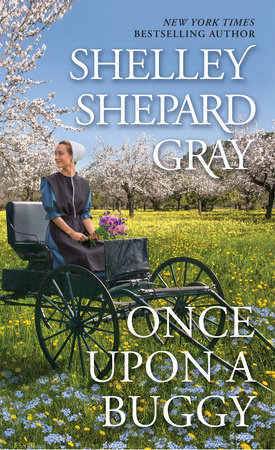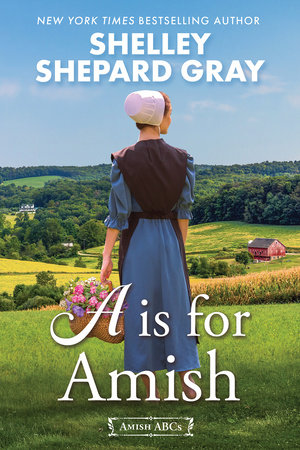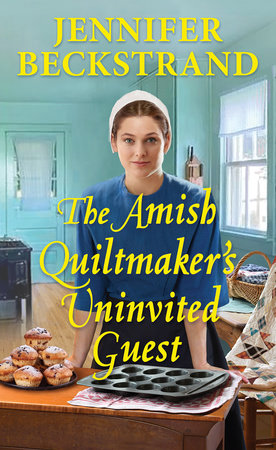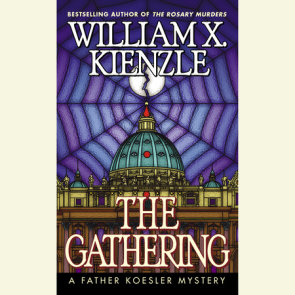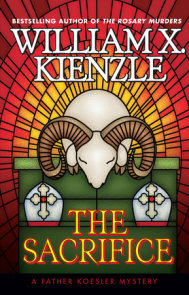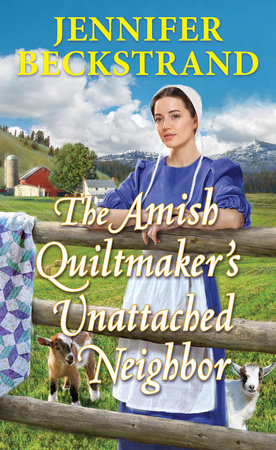Author Q&A
Q. Bill, you’re on record as saying that "writing is just not as good as the priesthood can be." Given your decision to leave the priesthood, could you elaborate on your statement?
A. That’s good question because it has no easy answer. I think I’m looking at the two lifestyles in terms of people. I need people, I confess. And I need the sense that I am at least trying to help them. I believe I can do this, in some measured degree, in the series of mystery novels that I am writing and that you are so graciously publishing.
Feedback tells me that some readers feel challenged to think again about their Christian, theistic, or, simply, moral approach to life. Some are entertained to the point of distraction. As was one reader, who wrote that while reading one of my books for several hours, he was temporarily freed from chronic severe back pain. And another reader so carefully followed my guidelines that he granted himself a declaration of nullity for a previous marriage.
So writing can be "good," if most of the time remote and lonely.
Priests, on the contrary, can serve people directly. The better priests I’ve known live and die for their people–to whom priests can introduce a loving, forgiving, and compassionate God. There is a satisfaction in this service that, at its core, is indescribable.
So, you ask, if the priesthood was so attractive, why did I leave? That’s a question that could easily foster a lengthy essay. But I think I can capsulize an answer in two words: Church law.
I do not–I cannot–speak for all priests. But I found the God epitomized in these laws to be harsh, legalistic, and only reluctantly forgiving. The Code’s God is the antithesis of the God whom Jesus presented to us as our Father.
Q. We’re told that your first Father Koesler novel, The Rosary Murders, had its origins in a challenge, the issuance of a dare. Is that true?
A. More an offer than a challenge. A Minneapolis entrepreneur, Bruce Lansky, was beginning a publishing career in the mid-1970s. He was interested, among other publishing pursuits, in mystery novels. Not completed novels, just the plots. I didn’t give that proposition a thought until many months later. I wasn’t even much given to reading mysteries. But I was aware that a mystery featured murder, clues, and red herrings–that is, a puzzle. I was also aware of the storied advice to would-be authors: go with what you know.
What I knew best was Catholicism and the priests and nuns who populated that faith. How to put that experience into a murder mystery? A bunch of priests and nuns going around killing people? Hardly! What about someone killing priests and nuns? That was it! I was off and runnng. Except that I couldn’t think of anyone who could flesh out that plot better than I. So I wrote what became The Rosary Murders. And all the sequels.
Q. We know that you weren’t happy with the film adaptation of The Rosary Murders. Do you care to discuss that whole experience?
A. I feel I stand in a long line of authors who are not enchanted by film adaptations of their works. At the time I was naive. Since the movie was filmed entirely in Detroit and a friend was the producer, I thought I might be welcomed on the set. It might have been nice meeting Donald Sutherland, Charles Durning, and the other actors.
Realistically, I guess, the last person the movie people want around is a writer running about, shouting, "What are you doing to my baby?"
I’ve never seen the movie version. Although since friends have told me about it, frame by frame, I feel as if I have seen it. My advice to novelists whose work is sold to film producers? If you accept the money, don’t look back.
Q. For your multitude of fans, the arrival of a new Father Koesler mystery has been an annual event for almost twenty-five years. How have you maintained this admirably consistent schedule? And with each passing year, is the consistency easier (or more difficult) to maintain?
A. To a certain extent, I am quite disciplined. For that I have to thank twelve years of seminary rules and regulations as well as twenty years of intense responsibility as a priest.
It seemed to me (and to my publishers) that a book a year was par for the course. I truly believe that writing for commercial purposes is among the more difficult tasks one can undertake. But consistency is a prime commitment for a professional in any field. I like to think the writing improves over time.
A few year back, my wife Javan and I team-taught a course on writing at St. Mary’s College in Orchard Lake, Michigan. As is true of teaching, generally, I think I learned a lot from that.
Here I must acknowledge the work of Javan, who was for many years a copy editor in the features department of the Detroit Free Press. She is a dedicated reader and writer. I owe much to her collaboration–so much so that all of my novels, including the current Till Death, are dedicated to her.
Q. Your novels are filled with vivid details about the Catholic Church’s inner workings. We realize how you come by this authenticity. But on whom do you rely for your portraits of matters homicidal?
A. The homicide squads of the Detroit Police Department. Detroit was once known as the Murder Capital of the country. Our homicide squads get a good workout.
I am particularly indebted to Sergeant Roy Awe (now retired) and Inspector Barbara Weide, both of the Homicide Division. Once, when asking Roy how the police would react to a significant plot development, the sergeant said that if the perpetrator did what I had him doing, ". . . we’d get him." I had to remind Roy that in my novels the police would never solve any of the mysteries. They would be a great help–but Father Koesler would always be the one to wrap things up.
In addition, I have been especially fortunate to have the assistance of Jim Grace, a detective with the Kalamazoo Police Department. Jim has been kind enough to vet the typescripts for any possible technical errors with regard to law enforcement. Several times, Jim has saved Father Koesler from error in such cases.
Q. Books on Tape acquired the unabridged audio rights for your series. Have you listened to those tapes–and, if so, what is your critical assessment?
A. I’ve listened to some of the tapes and hope to hear them all. I think I could listen to Edward Holland read the telephone book. I am thrilled to be included in Books on Tape. And honored to be heard by drivers, the sight-impaired, and armchair detectives.
Q. Papal infallability is a hot (and hotly debated) topic. (In fact, one of your recent novels–Call No Man Father –addresses it.) What is your own overview on the issue of infallability?
A. In Call No Man Father I tried to record fairly several facets of the notion of papal infallibility. I tend to think of it as a sort of overkill.
The Catholic Church teaches. (And it is disputed whether that teaching should originate from the bottom–the laity, the People of God–or from the top, the Pope.)
The Church has developed what is called the Ordinary Magisterium, the ordinary teaching authority. With an occasional nod to episcopal conferences (regional bishops’ groups), the Ordinary Magisterium belongs almost exclusively to the Pope. To the tradition-minded, the Pope’s encyclicals and pronouncements–almost everything he does or says–are the body and soul of the Ordinary Magisterium. With clout like that, I don’t know why infallibility is seen as a necessary teaching tool.
I think it would be interesting if a Pope were to speak from the throne (ex Cathedra) and, using distinctly infallible language, declare infallibly that he was not infallible. Then let the Church lawyers quibble about that for the next millennium.
Q. Any favorite writers you want to mention–as pure pleasure reading or as actual inspirations for your own work?
A. Pat Conroy, Donald Westlake, Loren Estleman, Ferrol Sams, and Matthew, Mark, Luke, and John.
